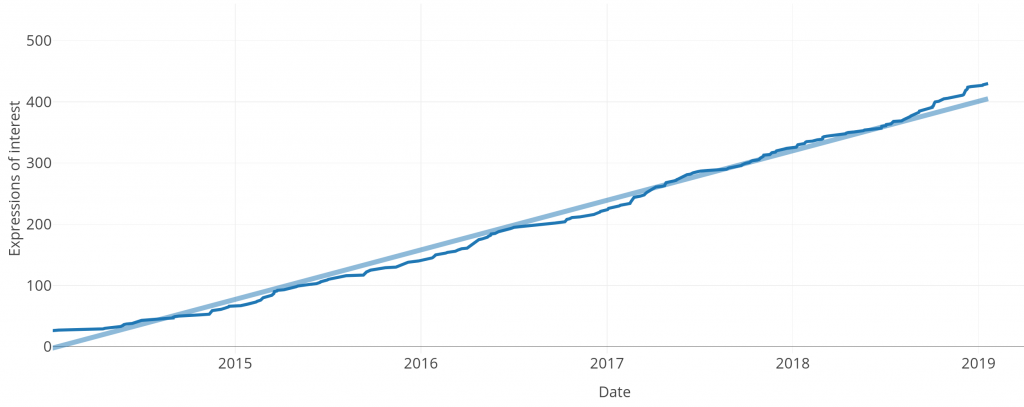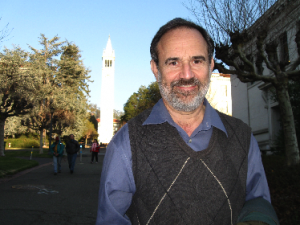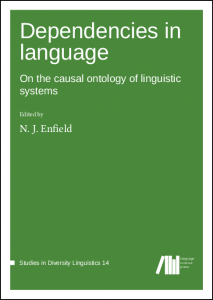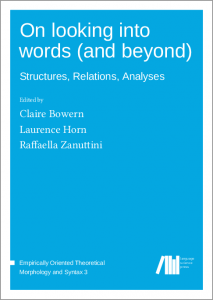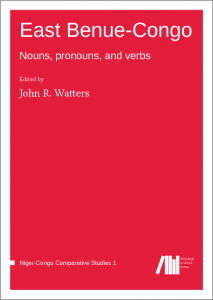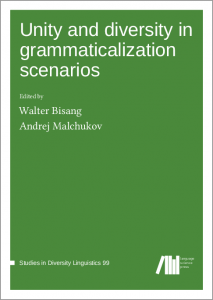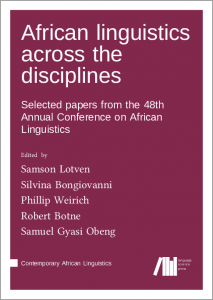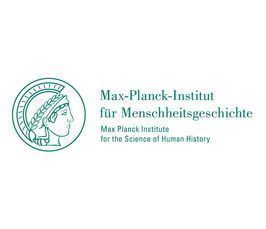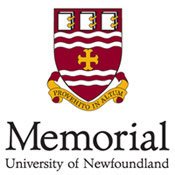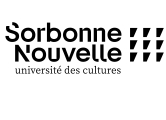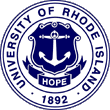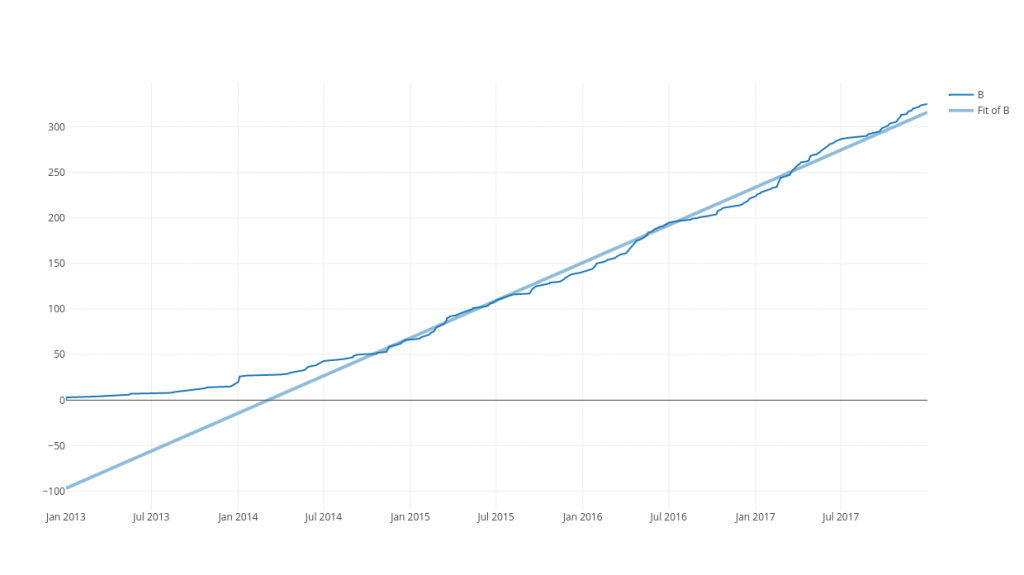Edited volumes and time to publication
Edited volumes are an important type of publication in linguistics, and Language Science Press has published about 50 edited volumes up to now. However, the time to publication is normally an issue for edited volumes given the larger number of contributors. In a project with 12 contributors, chances are that at least one of them will not hand in the chapter, the revision or the proofs in time, which delays the whole project.
This leads to a vicious circle: everybody knows that probably the volume will be late anyway, so authors adjust their priorities and focus on some other work where the timing is more critical. Which delays the work even more, so everybody adjusts their priorities again and so on. When I was still actively publishing as a linguist, I had a paper in a volume which took 5 years to come out!
This whole problem arises because the book and all its chapters will only be published once the last chapter is in. Otherwise, page numbers cannot be assigned and cross-references will not work.
Our solution
Our series Open Slavic Linguistics was unhappy with this state of affairs and suggested that book chapters can be published ahead of the volume, as so-called prepublications. This means that all chapters which have been reviewed, revised, proofread, and typeset can be made available on our website. The setup of our LaTeX class allows to compile the same chapter either individually or as part of a book. As for the pagination problem, we simply set the page numbers to roman and add a note to the footer that the page numbering is preliminary. That way, readers are not led to mistakenly cite Smith (2020: 12) for a chapter which will have a final pagination much higher than 12.

Footer of the prepublished version of a chapter with information about the volume the chapter will appear in and a note on pagination
Continue reading →




